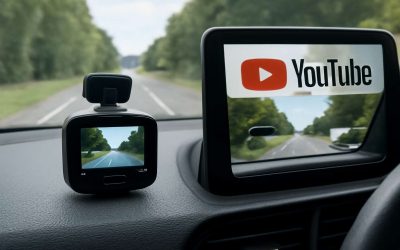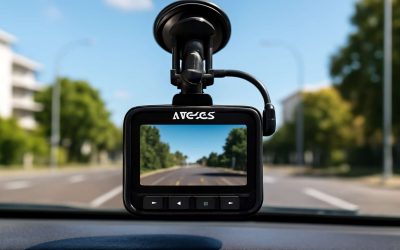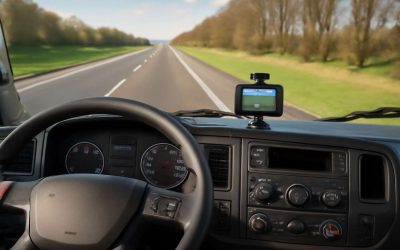
Car dashboard cameras offer a way to record what’s happening on the road, providing evidence in case of an accident. Many also have driver aids to warn you of lane drift, and some can even contact emergency services for you. You can get a simple front-facing dash cam for 50 bucks, or you can spend several hundred on a full-featured bundle that includes a rear camera to protect the back of your vehicle.
Some of the most popular models have 4K capabilities, with crisp images and high-quality low-light performance. A polarising filter reduces dashboard reflections and allows you to see more detail in poor conditions. There’s also built-in Wi-Fi, which serves up speed camera alerts and adds your location and speed to your recordings.
Many dash cams have a G-sensor, which detects sudden changes in acceleration or deceleration. This can help capture the moment a collision occurs, and some of them even have buffered recording, so they continue to record for a few seconds before and after the impact. Many also come with parking mode, and some can be hardwired to keep running even when the engine isn’t on.
Auxiliary 12-volt power (adequate): Most dash cams still use this method of power, plugging into your cigarette lighter and using USB cables to transfer data. While this can lead to unsightly cable runs, it’s universal and easy to use. Some cameras can be hardwired for constant 12-volt power instead, which is a better option, but requires professional installation and wiring.
Battery or super-capacitor power: Most of the best dash cams have a battery or super-capacitor to give them an extra boost when regular car power is lost. This enables them to save an incident for longer and can also prevent the camera from shutting off prematurely, as is sometimes the case with a faulty cigarette lighter socket. Some of these dash cams can even be hardwired for always-on power and are able to record when the engine is off.
The best dash cams also feature a wide-angle lens that gives you a clear view of the road ahead. Depending on the model, you can expect to find a field of view of around 90, 120 or 140 degrees. Some have an ultra-wide 165 or 180-degree lens that can cover more of the area behind your vehicle, although you will probably experience some fisheye distortion. Many dash cams also support GPS sensors, which can record your current speed and position. This is useful for drivers who wish to keep track of their driving habits, or for businesses that manage fleets and need to monitor the driving of employees. You can also find models that have integrated Alexa or Garmin’s emergency SOS and what3words integration, which are helpful for when you need to quickly notify emergency services. They may also have a screen to show you the footage on-demand. Some of them can be used to track the whereabouts of your car in real time, which is handy if it is stolen or vandalized while parked in public areas.



0 Comments